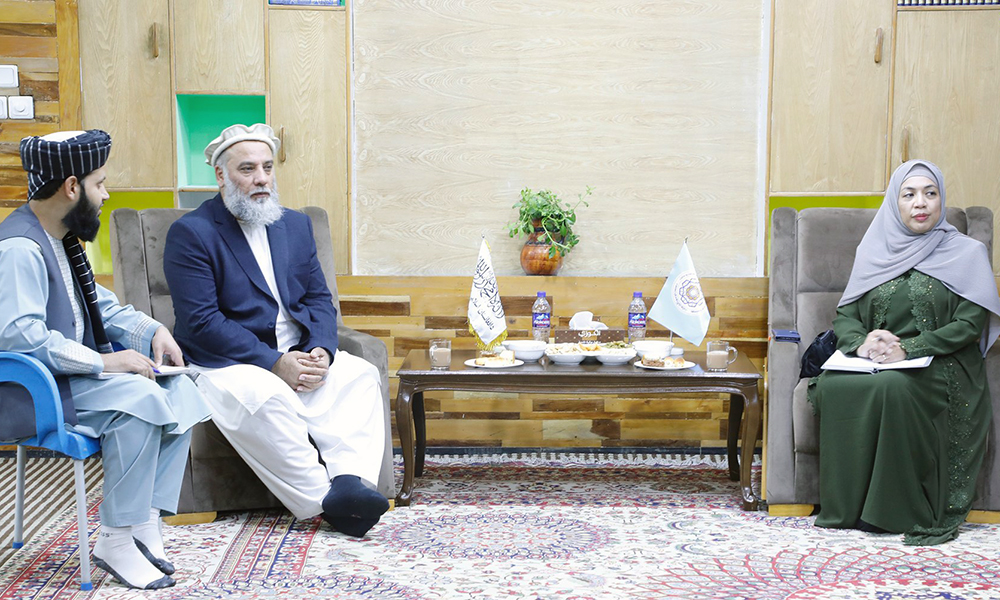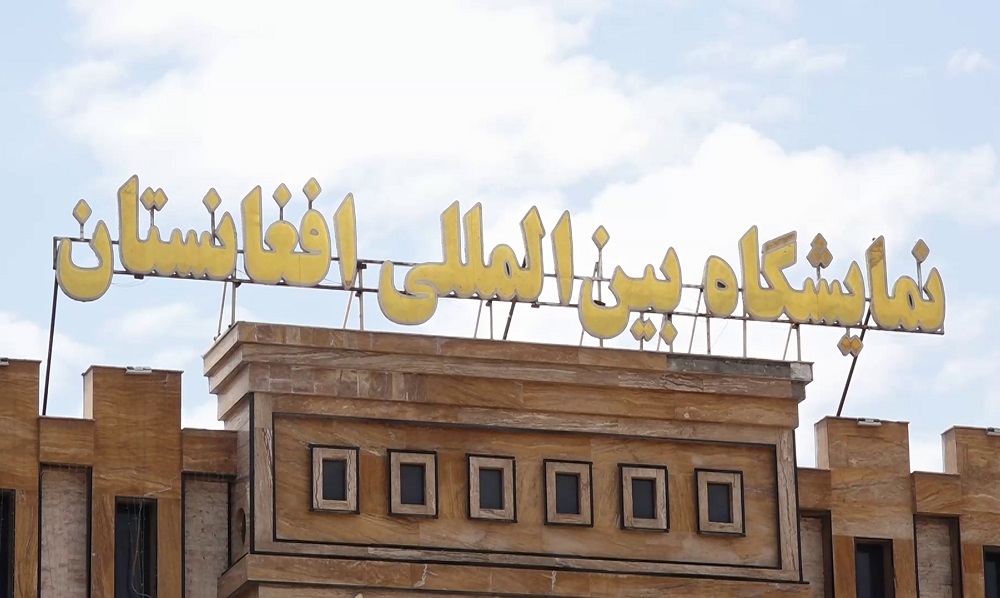Business
Headline inflation in Afghanistan down to -10.2% in January: World Bank

In January 2024, headline inflation experienced a significant downturn, reaching -10.2 percent on a year-on-year basis, the World Bank said in a report.
This substantial drop was largely due to a sharp decline in prices across both food and non-food categories, the report said.
Moreover, core inflation, which strips out the typically volatile food and energy sectors, also fell into negative territory, posting a rate of -6.5 percent on year-on-year basis.
“This ongoing core deflation reflects a troubling inability of both private and public sectors to stimulate sufficient demand. While this period of falling prices may offer temporary financial relief to the most vulnerable households by reducing the cost of living, it can also harm the broader macroeconomy,” the World Bank said.
According to the bank, Afghanistan’s exports contracted by 5 percent on year-on-year basis to $140.5 million in January 2024, down from $148.1 million the previous January.
Food exports to India jumped by 22 percent, compared to an 18 percent decline in Pakistan. Pakistan and India continued to be the top export destinations, claiming 45 percent and 34 percent of the total exports in January 2024, respectively.
The 2023 growth trend in imports extended into January 2024, hitting $830 million, up 37 percent from $600 million in January 2023.
According to the report, in 2023, the afghani (AFN) saw a significant 27 percent appreciation against the US dollar, buoyed by the influx of around $1.8 billion in UN cash shipments and an estimated $2 billion in remittances.
Revenues have been below the Islamic Emirate of Afghanistan’s (IEA) target during the first eleven months of FY2024, with border taxes underperforming despite a surge in imports.
Over the eleven-month span of FY2024, from March 22, 2023, to February 21, 2024, Afghanistan’s revenue collection reached AFN 189 billion, narrowly missing the target by 2 percent but marking a 5.6 percent increase from the previous fiscal year, the report said.
Business
Azizi calls on Malaysian investors to invest in Afghanistan

Nooruddin Azizi, Acting Minister of Commerce and Industry, met with representatives from the ministries of foreign affairs, defense and interior of Malaysia, along with other senior officials, on Wednesday and called on Malaysians to invest in Afghanistan.
The visiting delegation is being led by senior diplomat Dr. Shazelina Zainul Abidin.
According to the IEA’s foreign ministry, the two sides discussed bilateral trade, holding a business communication conference to strengthen trade relations between the two countries, the trade balance between Afghanistan and Malaysia, and creating a market for Afghan products, including carpets, cotton, and minerals.
According to the ministry, at the end of the meeting, the Acting Minister emphasized the increase of investment from regional countries in Afghanistan and called on Malaysian investors to also invest in Afghanistan.
Business
Afghanistan starts exporting via railway to Turkey

The Ministry of Interior says that Afghanistan has started exporting goods to Turkey via the Herat-Khaf railway line.
In a post on X, the ministry said: “Afghanistan’s exports to Turkey started in a calm atmosphere through the Herat-Khaf railway line.”
The ministry added that one train will run daily for a month and then two trains will run daily.
According to the ministry, the security of Khaf-Herat railway line is provided by the guards of the National Public Protection Agency.
Khaf-Herat railway project not only connects Iran and Afghanistan by rail, but also completes a 2,000-kilometer route along the east-west rail corridor from China, through Uzbekistan, to Afghanistan, to Iran, and on to Turkey and Europe.
As a landlocked country, this railway network will provide a safe route to connect with Europe via Iran’s railway network and Iran’s southern ports.
This railway line is strategic for trade between Iran and Afghanistan and will allow six million tons of goods to be sent between the two countries.
Business
Afghanistan, Kazakhstan to hold joint expo in Kabul

A joint expo between Afghanistan and Kazakhstan will be held in Kabul in the next four days, officials said on Sunday.
Officials of the Ministry of Industry and Commerce said that the two-day expo will be held for the purpose of expanding and strengthening trade relations between the two countries.
“This expo will be held as a follow-up of the Kazakh-Afghan international expo, which was held in the city of Astana, Kazakhstan, with the participation of a large delegation of the government and the private sector of the Islamic Emirate of Afghanistan,” Abdulsalam Javad Akhundzadeh, the spokesman of the Ministry of Industry and Commerce, said.
“At this expo, domestic products from different sectors of Afghanistan and the Republic of Kazakhstan will be put on display for two days.”
According to officials, 40 large Kazakh companies, and 40 large Afghan companies will exhibit their products.
Mohammad Saber Latifi, head of the Afghanistan International Expo Center, said that fruits, minerals and commercial services will be displayed at the expo.
During the expo, various memorandums of understanding for the trade of goods are also expected to be signed by companies.
-

 Latest News3 days ago
Latest News3 days agoRashid Khan named AWCC’s brand ambassador
-

 Regional4 days ago
Regional4 days agoIranian president lands in Pakistan for three-day visit to mend ties
-

 Sport4 days ago
Sport4 days agoKolkata beat Bengaluru by one run in IPL as Kohli fumes at dismissal
-

 Sport4 days ago
Sport4 days agoACL: Aino Mina 3-0 Istiqlal Kabul; Attack Energy 3-0 Khadim
-

 Climate Change4 days ago
Climate Change4 days agoRescuers race to reach those trapped by floods in China’s Guangdong
-

 Business5 days ago
Business5 days agoAfghanistan, Kazakhstan to hold joint expo in Kabul
-

 World3 days ago
World3 days agoMalaysian navy helicopters collide in mid-air, 10 killed
-

 Sport3 days ago
Sport3 days agoJaiswal ton powers Rajasthan to big IPL win
























